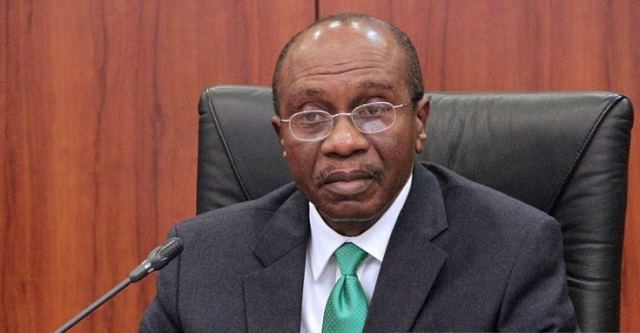The latest data from the Central Bank of Nigeria (CBN) released on Thursday shows that the nation’s foreign exchange reserves fell by $169m to $47.436bn on Wednesday.
The reserves, which closed at $47.605bn last month when it recorded its first decline in eight months, slipped to $47.793bn on May 14 from $47.865bn on May 10.
The external reserves, which fell further to $47.784bn on May 16, rose to $47.799bn on May 18, but dropped to $47.754bn on May 21 and $47.655bn on May 28, the CBN data showed.
Analysts at FSDH Research, in their monthly economic and financial market report released on Thursday, said the month-on-month growth rate recorded in the external reserves was the lowest level since July 2017.
The Head of Research, FSDH Merchant Bank, Mr. Ayodele Akinwunmi, said the pressure on demand from foreign investors was mainly responsible for the low growth in the external reserves.
He said, “The 30-day moving average external reserves increased by 0.36 per cent, up from $47.49bn at end-April to $47.66bn at May 28, 2018. The total turnover at the Investors’ and Exporters’ FX Window between April 2017 and May 2018 stood at $50.73bn. The highest amount was recorded in January 2018.
“Our analysis between August 2017 and May 2018 shows that Nigeria recorded the lowest foreign exchange inflows through the I&E Window in May 2018. FSDH Research expects the positive domestic and external environment to further lead to external reserves accretion in the short-term and this development should provide further stability for the foreign exchange rate.”













